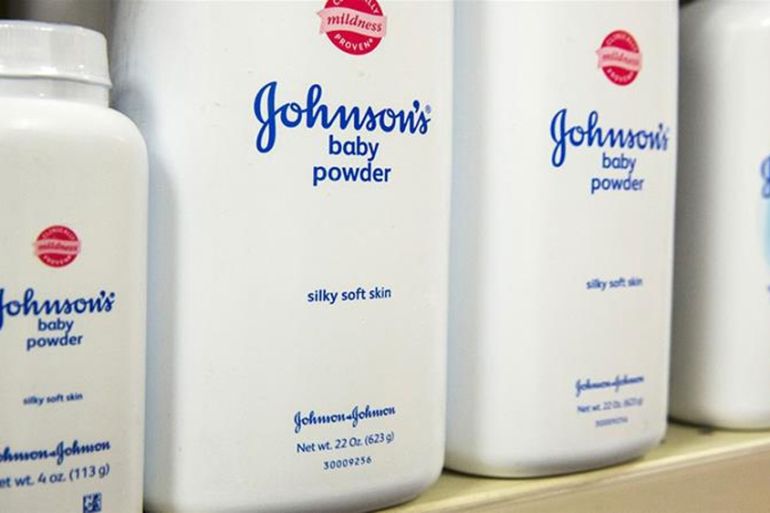Johnson & Johnson CEO refuses to attend US hearing on carcinogens
House panel investigating concerns on cancer-causing asbestos in cosmetic talc and powders used in company’s products.

Johnson & Johnson Chief Executive Officer Alex Gorsky has declined to appear at a United States congressional hearing set for Tuesday on the safety of the company’s Baby Powder and other talc-based cosmetics.
In an announcement, the House of Representatives Subcommittee on Economic and Consumer Policy said that its efforts to persuade Gorsky to testify included “repeated attempts to accommodate the company” for nearly a month.
Keep reading
list of 3 itemsJohnson & Johnson says no asbestos found in recalled baby powder
Johnson & Johnson avoids opioid trial with $20m Ohio settlement
Democrat Raja Krishnamoorthi, chairman of the House panel investigating concerns about cancer-causing asbestos in cosmetic talc and powders, said he was disappointed Gorsky turned down the invitation.
“Mr Gorsky refuses to speak to the Subcommittee under oath, yet he has not refrained from making multiple public comments on the topic,” Krishnamoorthi said in a statement.
J&J spokesman Ernie Knewitz said that the subcommittee had rejected the company’s offers to send a talc testing expert or a J&J executive in charge of consumer products.
Gorsky “is not, as we have repeatedly told the Subcommittee, an expert in the stated subject of the hearing,” Knewitz said. “We have respectfully declined the invitation for our CEO to testify.”
Knewitz said that the composition of the hearing, which includes two experts who have testified for plaintiffs against J&J, also factored into the company’s decision.
Gorsky has played a lead role in J&J’s efforts to reassure consumers and investors that its talc powders are safe and asbestos-free.
Last year, he issued a statement vouching for the safety of the products after a jury issued a $4.69bn verdict in favour of 22 women who sued the company over allegations their ovarian cancers were caused by J&J powders.
Gorsky appeared on CNBC’s Mad Money with Jim Cramer and in a video posted on J&J’s website, to rebut a December 2018 Reuters report that the company knew for decades about the presence of small amounts of asbestos in its talc and powders.
“Since tests for asbestos in talc were first developed, J&J’s Baby Powder has never contained asbestos,” Gorsky said in the video.
In October, Gorsky testified in a deposition in a lawsuit filed by an Indiana man, saying: “We unequivocally believe that our talc and our baby powder does not contain asbestos.” J&J faces more than 16,000 similar lawsuits.
Concerns over asbestos in talc cosmetics have grown in recent months as the US Food and Drug Administration announced that the carcinogen had been found in several products, including a bottle of Baby Powder.
J&J said it recalled 33,000 bottles of Baby Powder “out of an abundance of caution”.
Later, J&J said labs it hired found no asbestos – other than some contamination it blamed on an air conditioner – in samples from the same Baby Powder bottle and its production lot.
The FDA has said it stands by its finding.
Chief executives of companies embroiled in controversies routinely comply with legislators’ invitations to testify.
In recent months, the CEOs of Boeing and Facebook have appeared before congressional committees to answer questions about how their companies were safeguarding consumers.
Charles M. Elson, director of the John L Weinberg Center for Corporate Governance at the University of Delaware, said CEOs have a responsibility to go to Washington when Congress calls, just like other citizens.
But Elson said Gorsky’s pass was understandable. He said the CEO and his advisers probably figured that the downside was greater to testifying than not.
“It’s being invited in for a punch in the nose,” Elson said. For Gorsky, “nothing good will come out of it.”